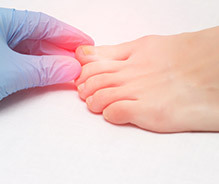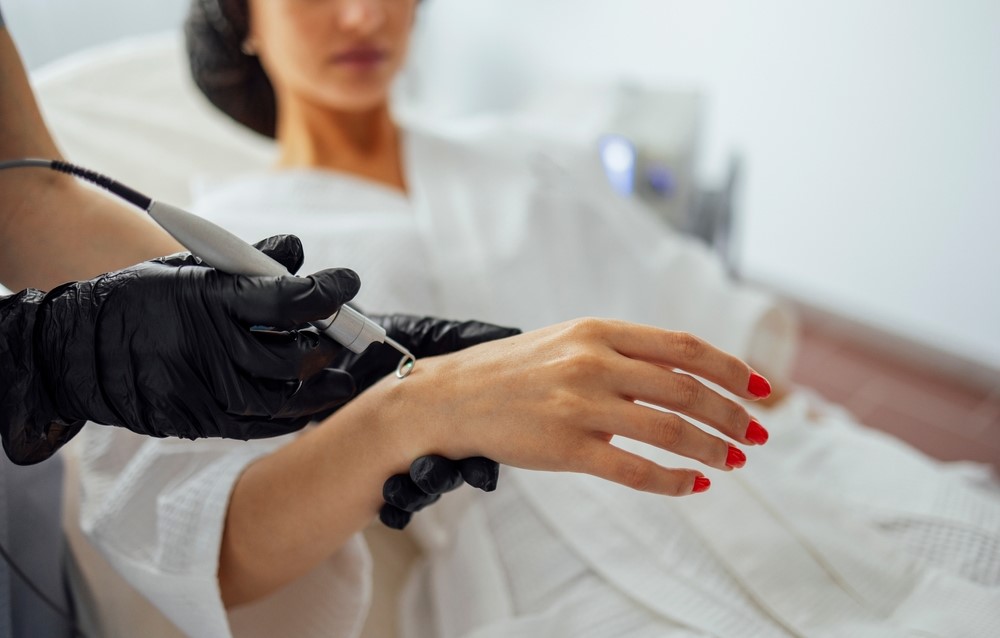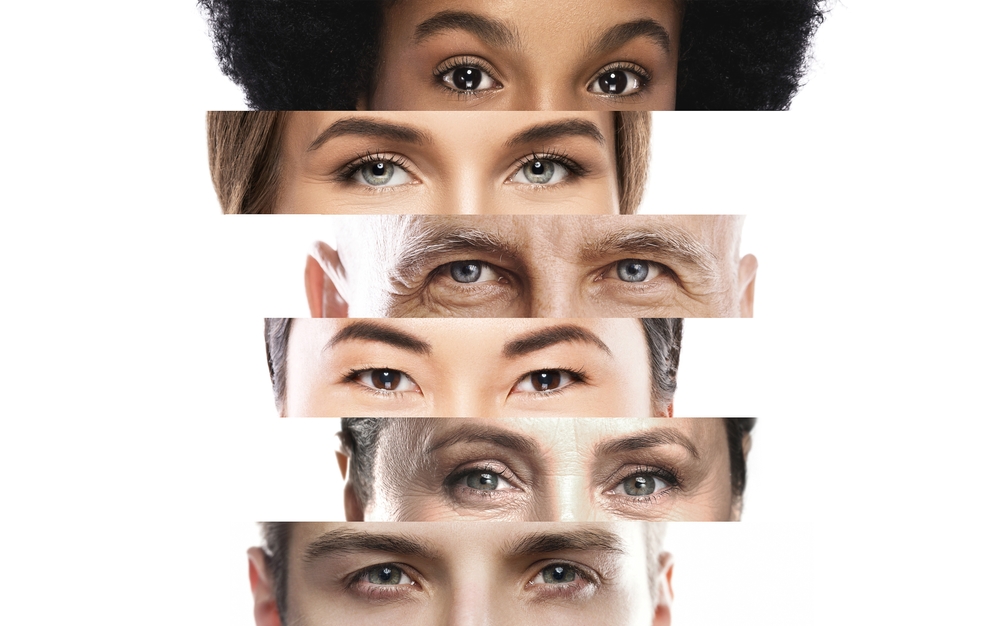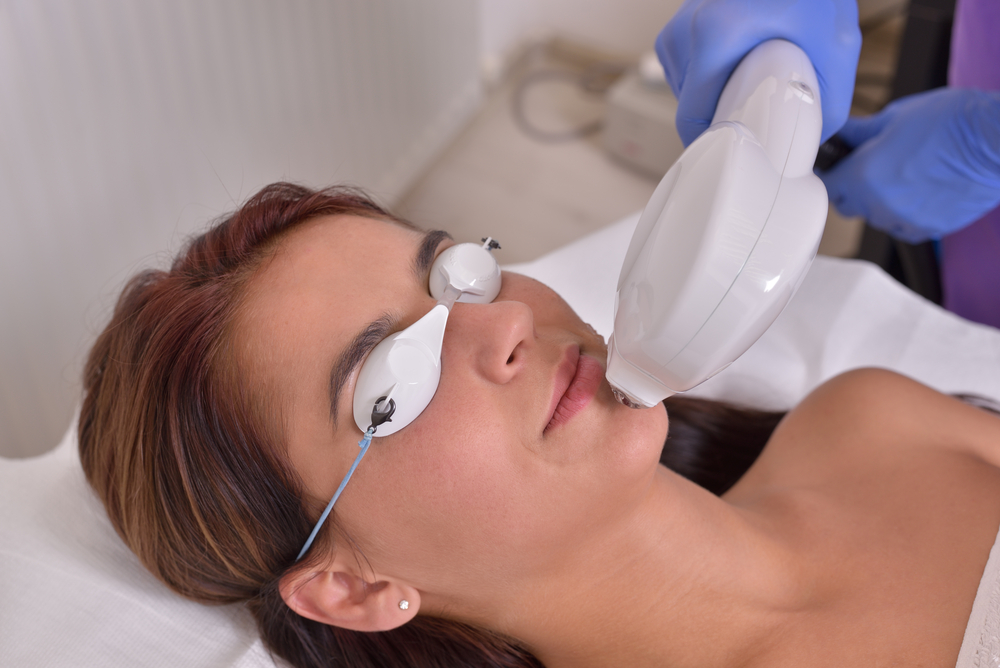Rosacea is a chronic skin condition, meaning that once you have developed it, you need to learn how to manage the condition in the long term. The causes are not known, although certain factors have been linked with the triggering of the symptoms:
• Heat. Whether it is sunlight, hot baths or spicy food, heat will have a tendency to cause blood vessels to dilate and remain so, causing the complexion to become flushed and red.
• Food and drink. Spicy foods, alcohol and dairy products have all been shown to trigger rosacea symptoms. People will respond differently to such factors, and when you develop the condition you will need to take some time trying to establish what triggers your own reactions.
• Some medical conditions, such as high blood pressure or fever, could trigger the symptoms of rosacea.
If you have recently been diagnosed with rosacea, try and identify your triggers as soon as possible in order to limit any flare-ups. You could try keeping a diary so that you can start to make links between your environment and the effect it has on your skin.
Rosacea treatment can help to provide relief from symptoms such as persistent redness and thread veins, although it cannot prevent future symptoms from appearing.































